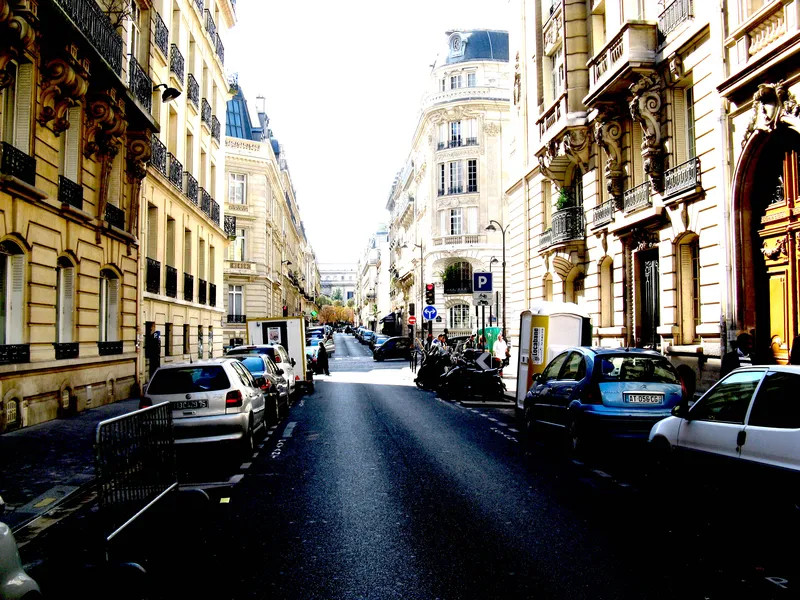Air Liquide has entered into a joint venture called HysetCo to boost the number of hydrogen fuel cell taxis in the Île-de-France region to 600 by 2020.
The company says HysetCo will make it easier to roll out hydrogen fuel cell vehicles and their recharging infrastructure. It will also aim to cut emissions for taxis and chauffeur car providers to zero by the 2024 Paris Olympic Games.
HysetCo members include energy and environment services company Idex, hydrogen taxi firm Société du Taxi Électrique Parisien (STEP) and
Toyota will add 500 of its Mirai mid-size hydrogen fuel cell cars to STEP’s 100 Hype taxis which have been operating in the region since 2015.
The Hype taxis will be able to rely on a wider network of charging stations, following the opening of a recharging point in Roissy, near Charles de Gaulle airport, which joins the existing ones in Paris-Orly, Les-Loges-en-Josas and Pont de l'Alma.
Air Liquide built the Roissy station with the support of the FCH JU (Fuel Cells And Hydrogen Joint Undertaking), a public-private partnership that supports R&D in the field of energy technologies and hydrogen in Europe.
STEP president Mathieu Gardies says the partnership will develop a hydrogen mobility solution which will be offered to other transport operators on a bespoke basis by 2021.
Air Liquide and partners to increase hydrogen fuel cell taxis in France
Air Liquide has entered into a joint venture called HysetCo to boost the number of hydrogen fuel cell taxis in the Île-de-France region to 600 by 2020.
The company says HysetCo will make it easier to roll out hydrogen fuel cell vehicles and their recharging infrastructure. It will also aim to cut emissions for taxis and chauffeur car providers to zero by the 2024 Paris Olympic Games.
HysetCo members include energy and environment services company Idex, hydrogen taxi firm Société du Taxi Électrique Parisi
February 26, 2019
Read time: 2 mins
Related Content










